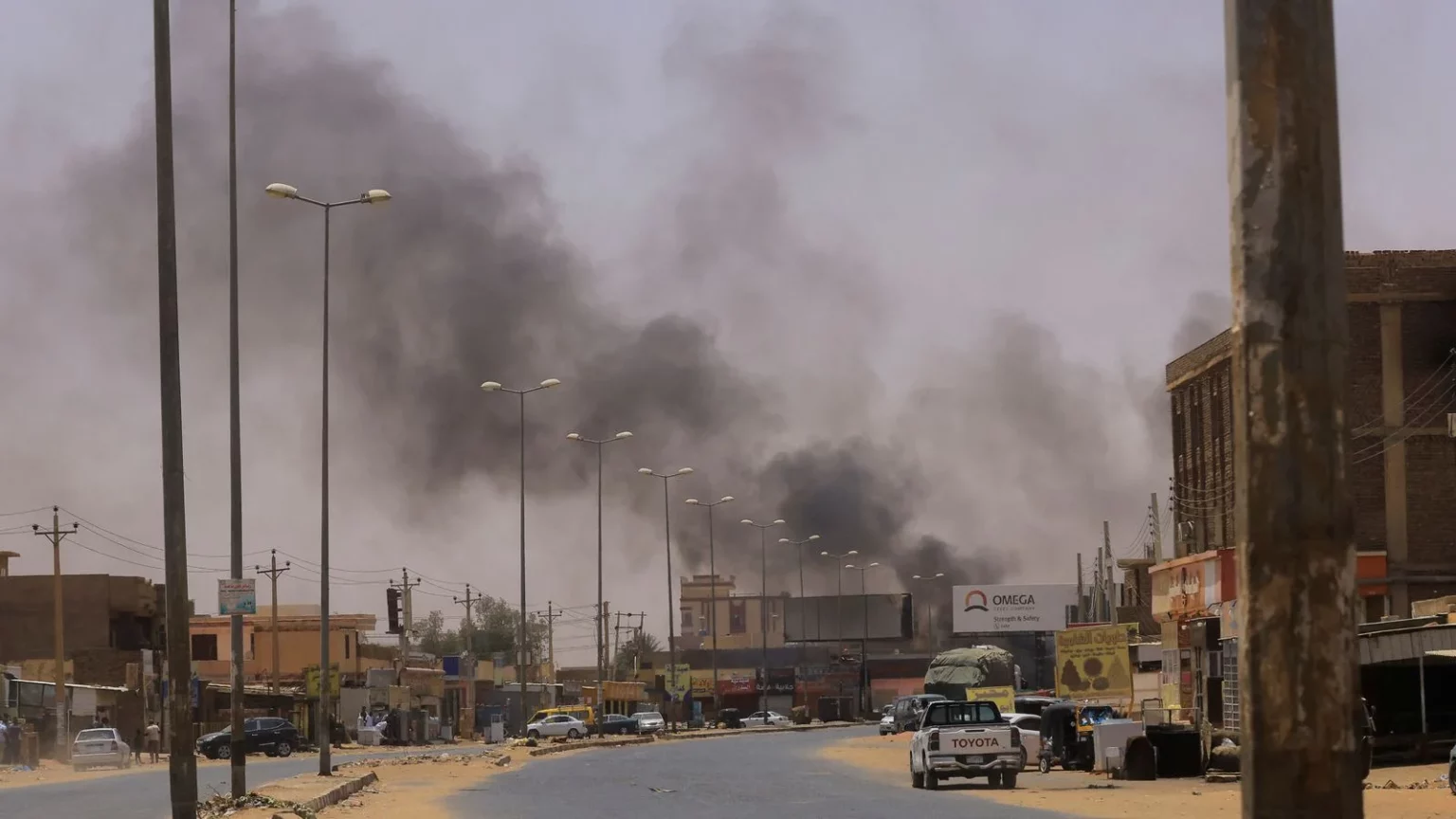Sudan is experiencing a period of intense violence as clashes between rival armed factions continue to spread. The conflict involves the army and the Rapid Support Forces (RSF), a notorious paramilitary group, and has already resulted in more than 50 deaths and over 1,000 injuries.
The dispute at the heart of the conflict is a power struggle within the military leadership over the transition to civilian rule. Two leaders at the center of the conflict hold opposing views on this issue, leading to a breakdown in relations and a violent confrontation between their respective factions.
The RSF has claimed to occupy several key sites in the capital, Khartoum, as well as in other parts of the country, but the army has denied these claims. Witnesses suggest that the army is making gains after attacking RSF bases with air strikes, but the situation on the ground remains tense and unpredictable.
The conflict has caused panic and fear among residents, with some reporting difficulty accessing basic necessities such as food, water, and medicine. The World Health Organization has reported over 83 deaths and over 1,100 injuries across the country since the RSF mobilized its forces on Thursday. The situation is rapidly deteriorating, and the international community has called for an end to the violence and urged the resumption of talks to restore a civilian government.
The violence has also had a significant impact on aid organizations operating in the region. The UN World Food Programme (WFP) has suspended its operations in the country after three of its staff members were killed in the conflict. The WFP has described itself as “horrified” by the news of the deaths and has called for an end to the violence so that aid can be delivered to those in need.
The conflict in Sudan is a cause for concern for the international community, which is closely monitoring the situation and urging all parties to engage in dialogue to reach a peaceful resolution. The African Union has announced that it is sending its top diplomat, Moussa Faki Mahamat, to try to negotiate a ceasefire, while Egypt and South Sudan have offered to mediate between the warring factions.
As the conflict continues to escalate, the future of Sudan remains uncertain. With tensions running high and violence spreading, the need for a peaceful resolution to the conflict has never been more urgent. The international community must continue to engage with all parties to find a way forward that ensures the safety and security of all Sudanese citizens.




